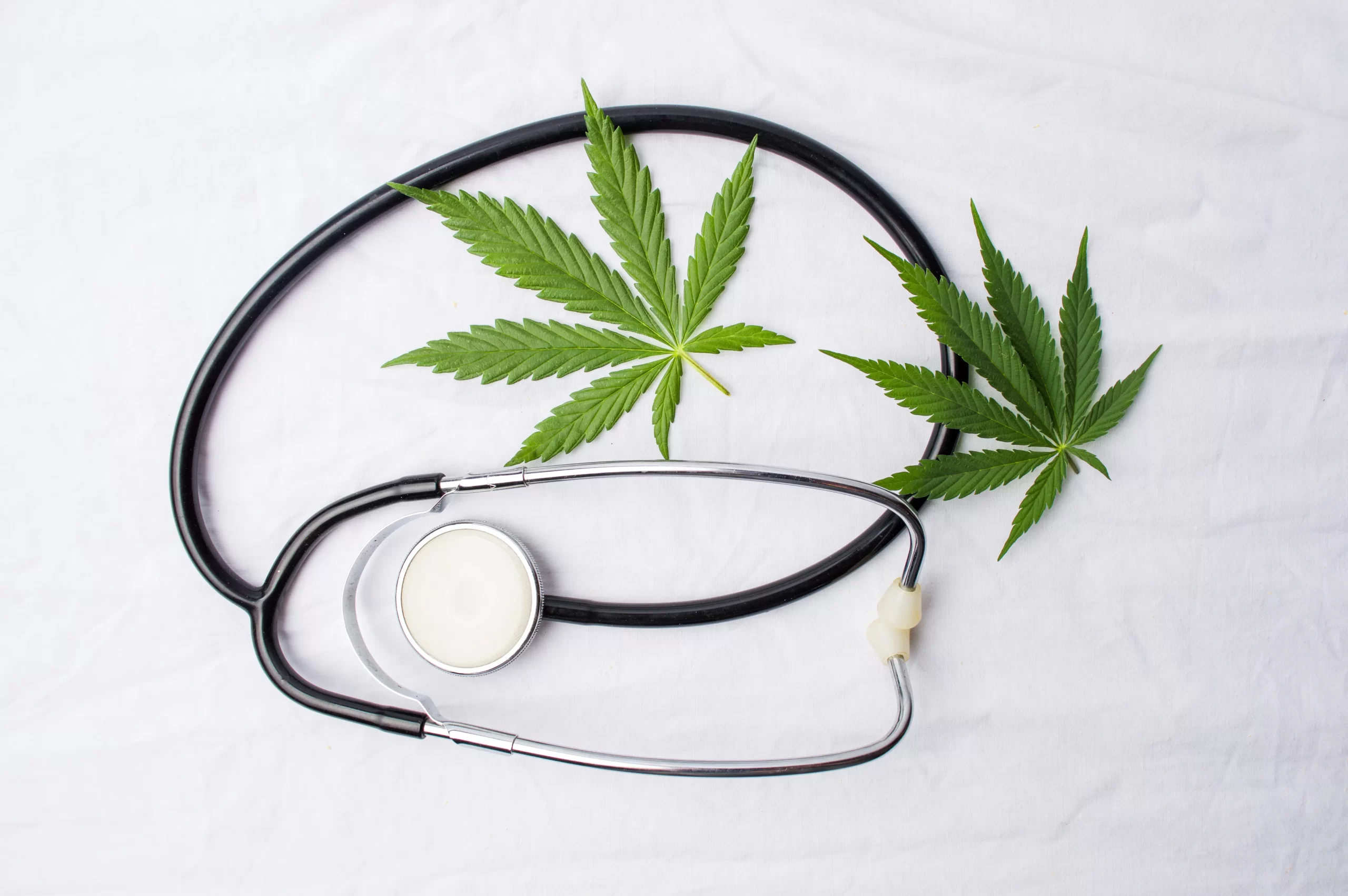Top Medical Marijuana Doctor Clinton MS for Professional Assessment
Top Medical Marijuana Doctor Clinton MS for Professional Assessment
Blog Article
Shedding Light on What Medical Marijuana Can Treat: a Comprehensive Analysis of Its Therapeutic Qualities
In current years, there has actually been a growing passion in the therapeutic possibility of clinical marijuana. While anecdotal evidence is plentiful, a thorough evaluation of the clinical information relating to the efficiency of clinical marijuana in treating these conditions is required.
Chronic Discomfort Administration
Persistent discomfort management stays a vital element of medical treatment, demanding a thorough method for efficient treatment. In current years, clinical marijuana has arised as a possible therapeutic choice for people experiencing from chronic discomfort conditions. The endocannabinoid system, which plays a critical duty suffering inflection, has been targeted by cannabis-based treatments to boost and minimize signs and symptoms high quality of life for patients.

Furthermore, medical marijuana provides a promising alternative for individuals that experience intolerable adverse effects from standard discomfort medications. Its ability to attend to pain with a various system makes it a beneficial addition to the arsenal of treatments available for chronic pain monitoring.
Epilepsy Therapy Possible
Medical marijuana has shown encouraging possibility in the therapy of epilepsy, supplying a novel therapeutic strategy for handling seizures in individuals. Epilepsy is a neurological problem defined by persistent seizures, affecting people of any ages. Traditional therapies for epilepsy include antiepileptic drugs, yet these drugs may not work for all patients and can have significant adverse effects.
Research on making use of clinical marijuana for epilepsy has actually revealed motivating results. Cannabidiol (CBD), a non-psychoactive substance located in marijuana, has actually been especially highlighted for its anticonvulsant residential properties. Studies have revealed that CBD can decrease the frequency and seriousness of seizures in individuals with treatment-resistant kinds of epilepsy, such as Dravet disorder and Lennox-Gastaut disorder.
Furthermore, the FDA has actually authorized a CBD-based medication, Epidiolex, for the treatment of seizures connected with these severe kinds of epilepsy. This milestone highlights the growing acknowledgment of clinical cannabis as a beneficial restorative choice for managing epilepsy and provides wish for individuals who have not responded well to standard therapies.
Nausea Relief Benefits
The reduction of queasiness through making use of cannabis has been increasingly identified for its therapeutic advantages in various medical conditions. Nausea or vomiting and vomiting prevail signs and symptoms experienced by patients undergoing radiation treatment, those with intestinal disorders, and individuals with chronic pain conditions. Medical cannabis, with its energetic compounds such as THC and CBD, has actually shown assurance in offering remedy for nausea or vomiting.

Additionally, clinical marijuana offers a natural option for people who do not react well to traditional anti-nausea drugs or who experience extreme side impacts from these medications. People undertaking chemotherapy, particularly, have reported considerable improvements in their quality of life when utilizing cannabis to take care of queasiness. As study in this field continues to expand, clinical cannabis is progressively being taken into consideration as an important option for nausea relief in different clinical setups.
Stress And Anxiety Decrease Impacts
Studies have demonstrated the capacity of cannabis in reducing stress and anxiety signs through its communication with the endocannabinoid system. The endocannabinoid system plays a vital function in controling feelings, including stress and anxiety, by maintaining homeostasis in the body. Cannabinoids in cannabis, such as THC and CBD, engage with the endocannabinoid receptors in the brain, especially the CB1 and CB2 receptors, to modulate anxiety-related reactions.

Individuals with problems like generalized anxiousness problem (GAD), social stress and anxiety problem, and trauma (PTSD) might gain from the anxiolytic residential properties of marijuana (Medical Marijuana Card Clinton MS). However, additional study is required to identify optimal does, delivery techniques, and long-term effects on anxiety management.
Potential for Inflammation Control
With its known anti-inflammatory residential properties, marijuana has actually revealed promise in potentially controlling swelling within the body. Swelling see here now is the body's natural reaction to injury or infection, but when it ends up being persistent, it can contribute to different conditions such as joint inflammation, inflammatory bowel condition, and even heart condition. Research suggests that the cannabinoids located click to read more in marijuana, such as THC and CBD, can assist regulate the immune action and lower inflammation.
Research studies have revealed that cannabis can engage with the endocannabinoid system, which plays an essential function in controling inflammation. By targeting the cannabinoid receptors, marijuana substances can regulate the immune action, causing a decline in swelling degrees. This makes marijuana a potential candidate for handling inflammatory conditions where conventional treatments have actually dropped short.
Moreover, cannabis-derived products like CBD oil have actually gained popularity for their anti-inflammatory residential properties, with many people utilizing them as a natural treatment for problems connected with swelling. While even more research is needed to completely recognize the systems behind marijuana's anti-inflammatory effects, present searchings for reveal promising outcomes for the potential use of clinical cannabis in controlling inflammation.
Final Thought
To conclude, medical marijuana has actually revealed appealing therapeutic properties in handling chronic discomfort, dealing with epilepsy, alleviating queasiness, reducing anxiousness, and regulating inflammation. Its possible advantages in numerous clinical conditions highlight the relevance of additional study and expedition right into its medicinal use. The evidence suggests that clinical cannabis can be a useful alternative treatment choice for individuals seeking remedy for a variety of signs and symptoms and conditions.
In recent years, clinical marijuana has actually emerged as a potential restorative option for individuals enduring from chronic discomfort conditions.Clinical cannabis has revealed encouraging potential in the treatment of epilepsy, offering an unique therapeutic technique for managing seizures in people. As research study in this area continues to expand, medical marijuana is progressively being taken into consideration as a valuable choice for queasiness alleviation in numerous medical settings.
In final thought, clinical marijuana has shown encouraging healing buildings in managing chronic pain, dealing with epilepsy, relieving queasiness, decreasing anxiety, and managing inflammation. The proof suggests that medical cannabis can be a beneficial alternative therapy choice for patients looking for alleviation from a range of problems and signs and symptoms.
Report this page